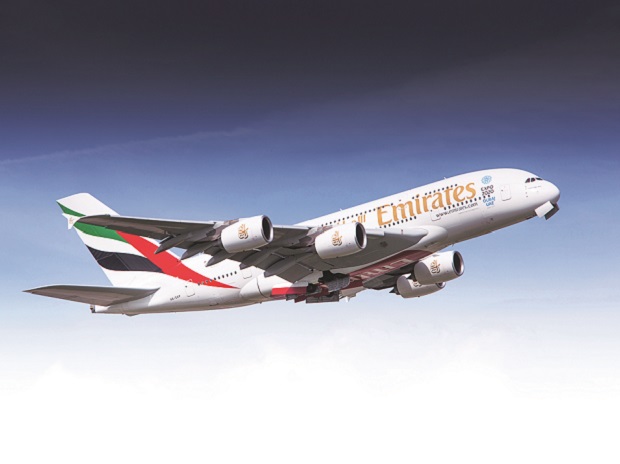'Very Vexing': Emirates President On Bilateral Rights Being Frozen

Emirates Airline President Tim Clark termed India’s decision to not expand bilateral rights between India and Dubai as “very vexing”, adding it is a “pity” the carrier is unable to operate more flights to India amid high demand.
Under the bilateral air services agreement signed between India and the United Arab Emirates (UAE) in 2014 for India-Dubai routes, each country’s carriers can fly 66,504 seats per week in each direction.
Emirates has used up its entire allocation of bilateral rights, and is currently operating 334 weekly flights between Dubai and India.
At the CAPA India Aviation Summit 2023, Clark stated that the Indian market will grow, and there will be pressure on airlines that operate international flights from India.
“It will be in India’s best interests to open up because, in my experience of being in this business for so many years, every country that embraces liberalisation and wants investment has to open up and not just leave one bit (bilateral rights) carved out,” said Clark.
When asked to comment on how India-UAE relations are deepening but negotiations on bilateral rights have frozen, Clark replied: “Yes. Very vexing. There is a huge movement between the two countries — the latest one was the comprehensive agreement on oil, trade, etc.”
“I don’t quite know why air transport liberalisation has not come with that. I think it would be best to direct that to the Indian government, the Ministry of Civil Aviation, who I believe recently said that there is going to be no further increase in seats (bilateral rights) between the UAE and India, which is a pity,” he added.
He explained that if one takes linear growth into account, the number of bilateral seats between India and Dubai should be at least double the number it is today. The load factors on Emirates’ India-Dubai flights have been in the high 90s, signalling high demand.
“What this means is that Indian carriers that have been so prolific in grabbing their share of the value chain could shortchange themselves to the tune of about $1 billion a year (as bilateral rights are not being increased). It is not their doing; it is the Government of India saying it is not going to do it. But we know this ($1 billion) is on the table, ready to be taken,” he mentioned.
India has always been very important for Emirates, and it is not just any other market for the airline, he said. “It is a pity we cannot do more here,” added Clark.
“If we are going to be capped at the levels we have been since 2014, there are some harsh realities with regards to how we deal with inventory when it comes to the Indian market,” he observed.
He said Emirates will continue to be a player in India. “We will do the best we can. We will continue to bring new aircraft to the Indian market as we do in other markets. We wish Air India and everyone else the best of luck. We may also help them in some way or the other to get the job done because it is such a big market,” he noted.
Stablecoin The Future Of Currency?
The payments system is undergoing a quiet but consequential shift. What was once the exclusive preserve of central banks... Read more
BoE Loosens Capital Rules
The Bank of England has taken a significant step towards easing post-crisis regulation by lowering its estimate of the c... Read more
Monzo Looks For US Banking License
Monzo is preparing a renewed push to secure a US banking licence, four years after abandoning its first attempt when tal... Read more
Crypto Firms Push Into US Banking
America’s cryptocurrency companies are scrambling to secure a foothold in the country’s traditional banking system, ... Read more
Parallel Banking: Stablecoins Are Now Global
Parallel Banking: How Stablecoins Are Building a New Global Payments SystemStablecoins—digital currencies pegged to tr... Read more
JPMorgan Deploys AI Chatbot To Revolutionize Research And Productivity
JPMorgan has deployed an AI-based research analyst chatbot to enhance productivity among its workforce, with approximate... Read more

